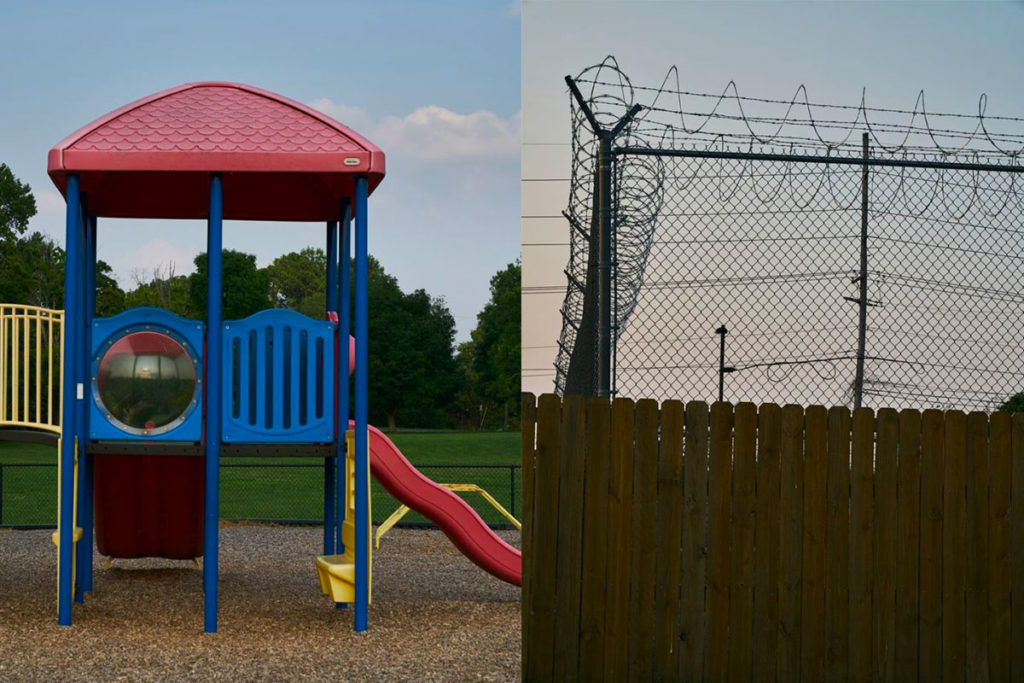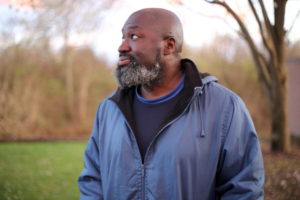
When Buel Moore learned that his daughter would spend eight years in prison for selling drugs, he was shocked.
“I broke down and fell against the wall and almost slid down the wall, and her little, petite public defender tried to hold me up,” he remembers.
His daughter, Sara Moore was arrested for selling meth to a confidential informant in her home when she was in her twenties and struggling with addiction. It was her first felony. But because she lived next to an elementary school, the sentence was long. And she had no chance at early release.
“For breaking the law, she deserved punishment,” her father says. “It was just the punishment seemed so harsh for the severity of that crime.”
Sara Moore has been in prison for about five years now. And on Monday, her family got some uplifting news. The Tennessee Senate voted unanimously to allow people like her to ask for shorter sentences. The House had already approved the measure.
“We were elated,” Buel Moore says, laughing with relief.
Decades ago, Tennessee created drug-free school zone laws to deter people from selling drugs in places where children are likely to be. And they’re popular across the country.
Tennessee’s drug-free school zone law used to be particularly harsh. Any drug sales within 1,000 feet of a school, daycare, public library, recreation center or park would guarantee an especially long sentence — even when no kids were around.
But now, the state is making adjustments for cases that don’t involve kids.
The legislature approved a measure last year that changed the guidelines, so drug-free school zone sentencing enhancements only apply for deals within 500 feet. Judges can also decide not to tack on the extra years if they don’t think children were put in danger.
But more than 300 people are already stuck in prison under the prior rules. The proposal that passed through the legislature this month would make the updated sentencing criteria retroactive. That means hundreds of people who received lengthy prison sentences could go home sooner than expected.

Matthew Charles served more than 20 years of a 35-year sentence. Then he was released, sent back to prison, and released once again.
“To keep those people incarcerated just doesn’t make sense,” says Matthew Charles with Families Against Mandatory Minimums. He served more than two decades in federal prison for drug dealing, and was one of the first people released under the First Step Act.
“If we want to right the situation altogether, we’ve got to reach back to those people that were done wrong and make sure that they receive justice, also,” he says. “The House and the Senate, all those members did exactly that in this instance..”
Next, the bill goes to Gov. Bill Lee’s desk. While a spokesperson would not say whether the governor plans to signs the legislation, Lee has already offered to fast-track clemency applications for those affected by the old drug-free school zone law. However, those who sold drugs to juveniles or have been punished for drug-related infractions in the past three years do not qualify.
Lee ran on a platform of criminal justice reform and has signed several aimed at shrinking the prison population and supporting people once they are released. But as the legislature considers a measure that would require many people — including some convicted of drug dealing — to serve 100% of their sentence with no chance at early release, it’s still unclear if the governor supports it.

